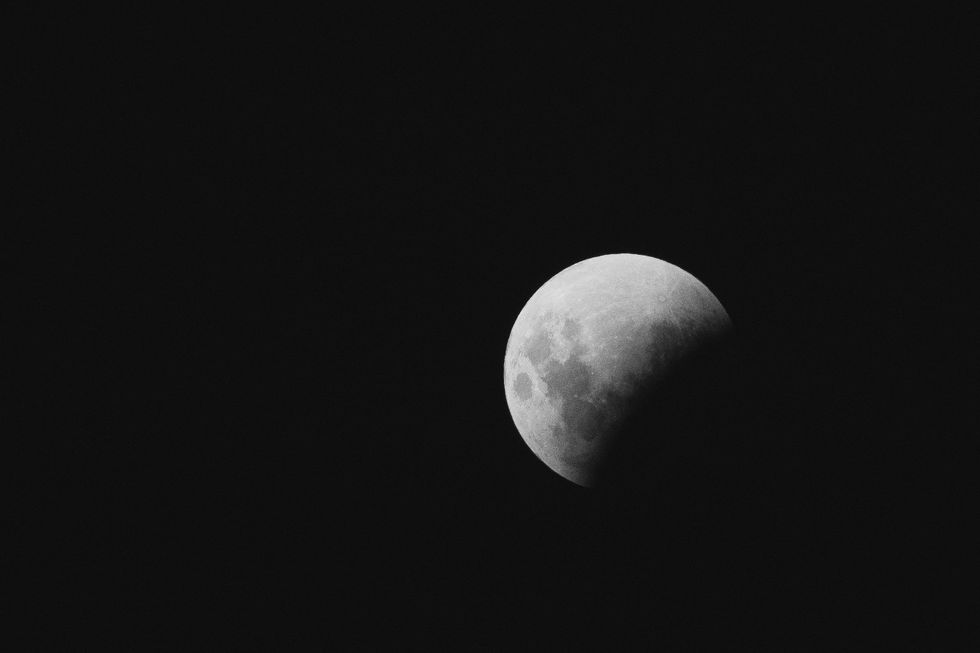I can't tell you how many times I've butted heads with friends and family over the Pluto Problem.
I knew some scientists had made an "official decision" about Pluto's status and I needed to "calm down about it." Still, something about the reclassification just didn't settle with me. You could chalk it up to emotional connection to the planet- After all, it's the tiniest and shares a name with a lovable cartoon dog. Plus, "My very educated mother just sent us noodles" just doesn't have a nice ring to it.
Even so, my bitter rejection of Pluto's demotion actually held water. I was right.
On May 7th, the Washington Post published an article by planetary scientists David Grinspoon and Alan Stern titled Yes, Pluto is a Planet. In the article they explain that the redefining of the word "planet" was a flawed decision made by very few people. Many more worlds are planets than you may believe.
The new definition of the word "planet" was drawn up by a tiny percentage of astronomers on the tail end of a conference. Here's my basic translation of why their definition was stupid.
1. The definition only included objects orbiting our sun.
In case you aren't aware, there are worlds orbiting pretty much every star in the galaxy. This part of the definition makes all of those worlds not planets. We could discover a world exactly like Earth with water and carbon and life on it, but by this silly definition, it wouldn't be a planet. That word is only for our solar system (which by the way orbits around a dwarf star, not even a regular star).
2. "Planets" must have "cleared their load"
So this basically means that a planet needs to have strong enough gravity to get rid of all objects that are in orbit near it. Things can orbit the planet, like moons and satellites, but nothing can orbit the sun in the same path as the planet. If debris joins Earth's orbital path around the sun, Earth won't be a planet anymore. So now we're defining "planets" by what is around them, which doesn't make sense to me or the planetary scientists.
3. These guys must have had it out for Pluto or something
In the definition, they made the wild assertion that "a dwarf planet is not a planet," which any English major can tell you is wild. It's true, Pluto is especially small for a planet, so it is a dwarf planet. Saying "a dwarf planet is not a planet" is like saying "lemon yogurt is not yogurt." You can't apply that logic to anything else. Go ahead, I dare you to try.
"Mini pancakes are not pancakes"
"A recumbent bike is not a bike"
Nonsense!
I think that paradox is what made me so especially mad about Pluto being declassified. "Dwarf planet" has "planet" right there in the name! Of course it's a planet! But people would get all smug with me and call me childish for wanting to die on this hill.
If you don't believe me that these stipulations are ridiculous, I recommend you read that article by Grinspoon and Stern. My favorite broader notion in the article is "Language is malleable and responsive to culture. Words are not defined by voting. Neither is scientific paradigm." Because while this is kind of about scientific classification, it's also a linguistics issue.
Language is so interesting because it isn't objective. Words aren't defined by voting. They come to life and claim their definitions as people use them. A planet is a planet is a planet, and as a layperson who thinks space is cool, I will continue to call big round things in orbit "planets". Thank you, Grinspoon and Stern, for taking up the cause.









































